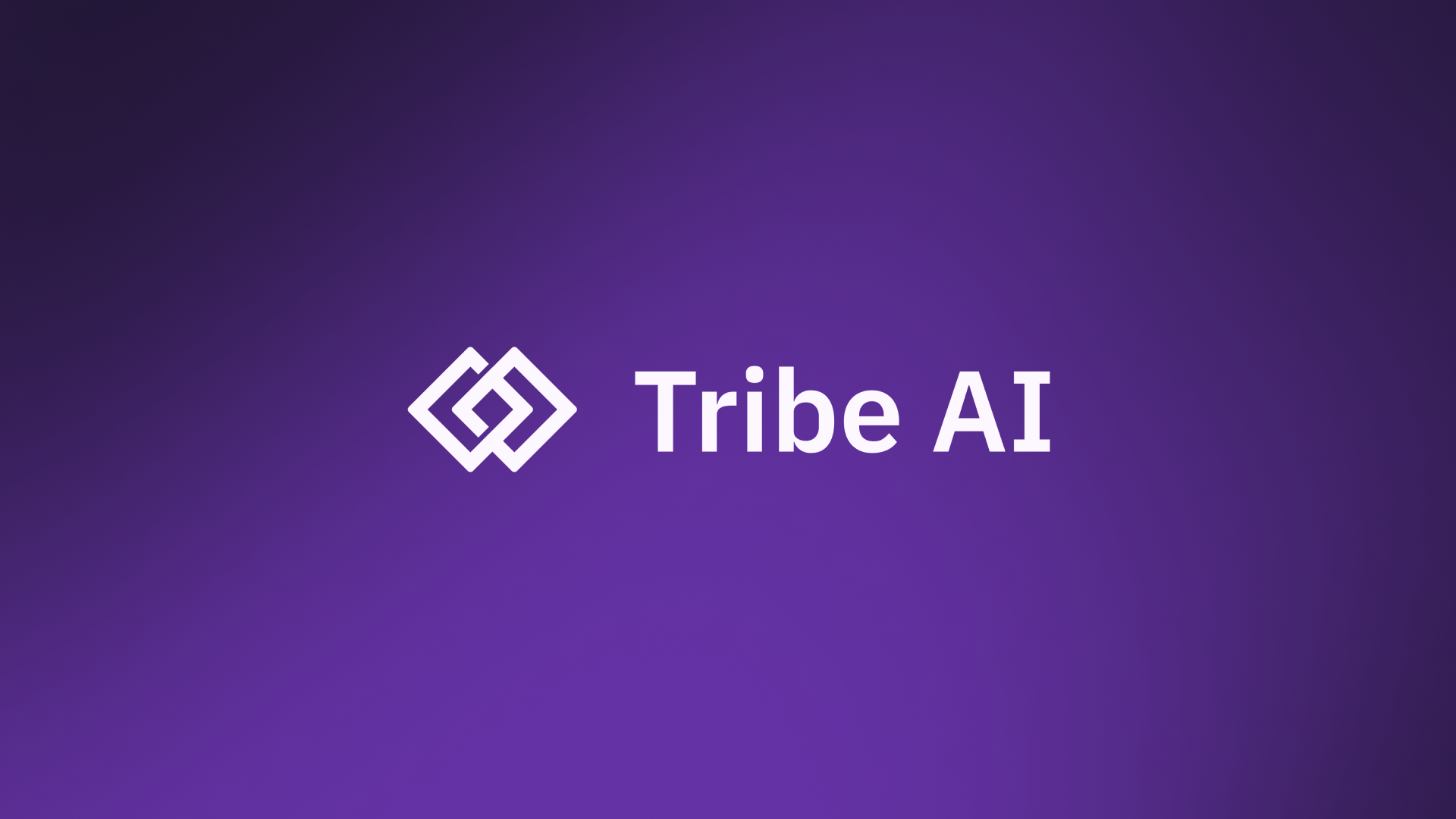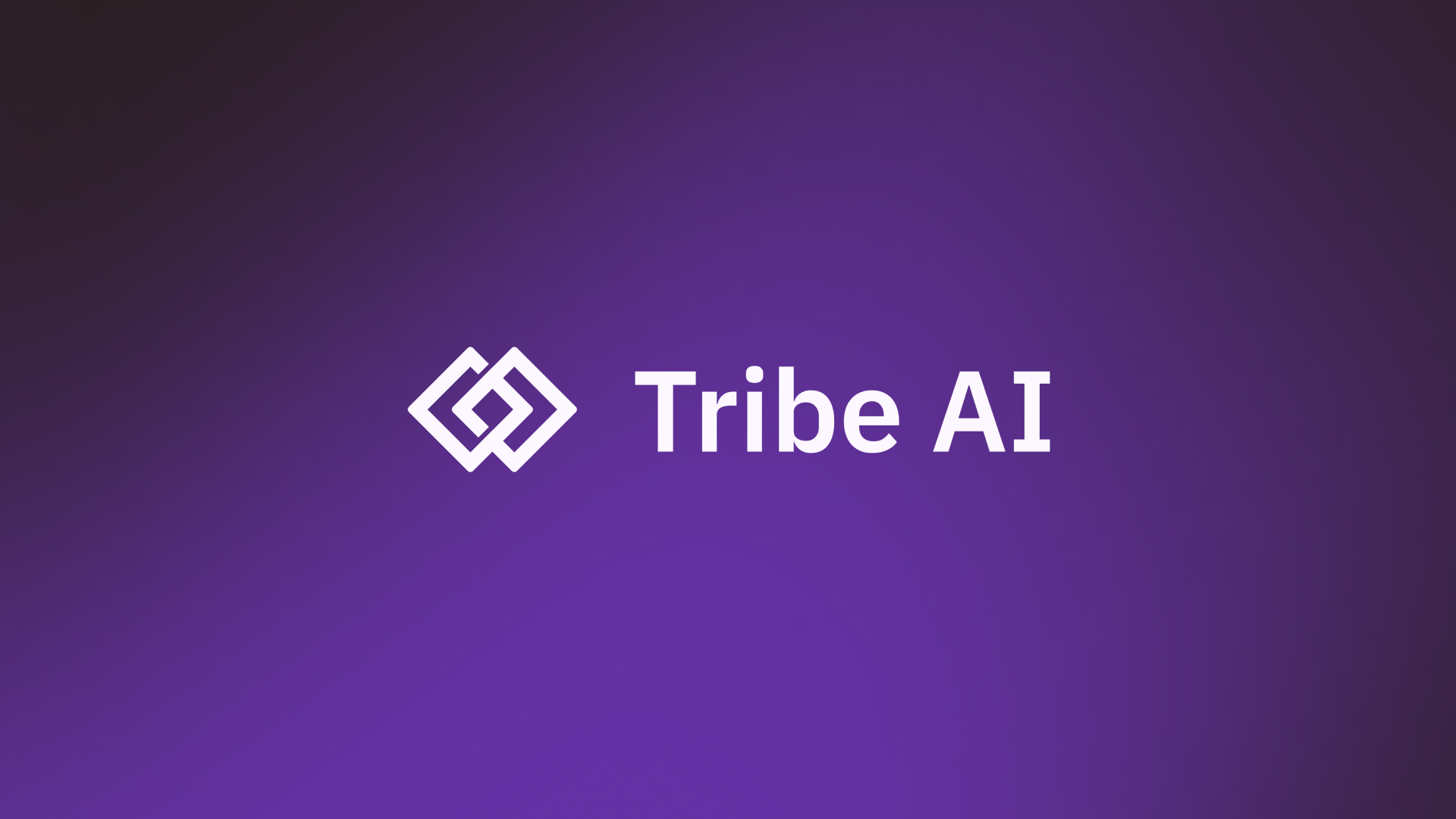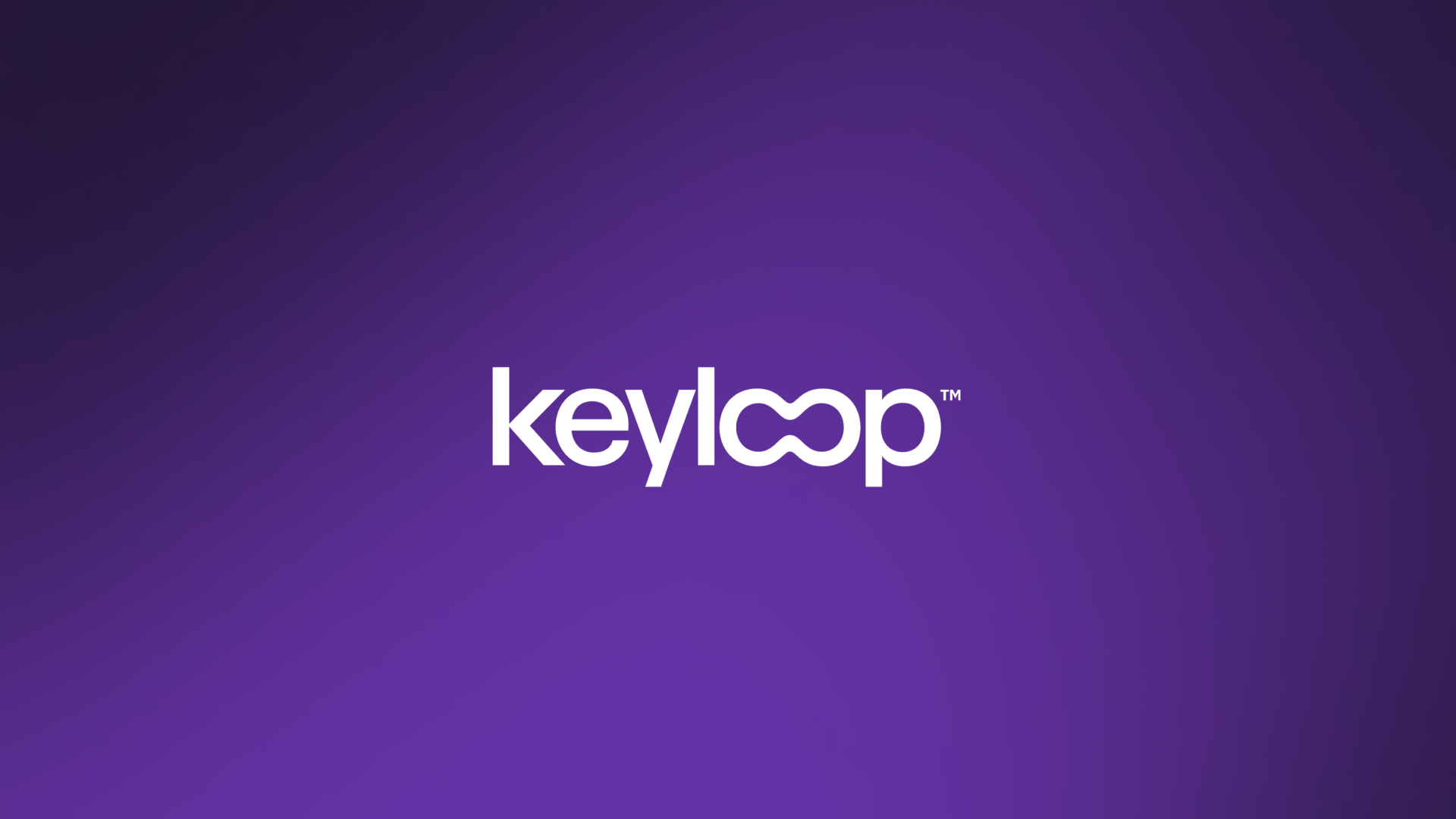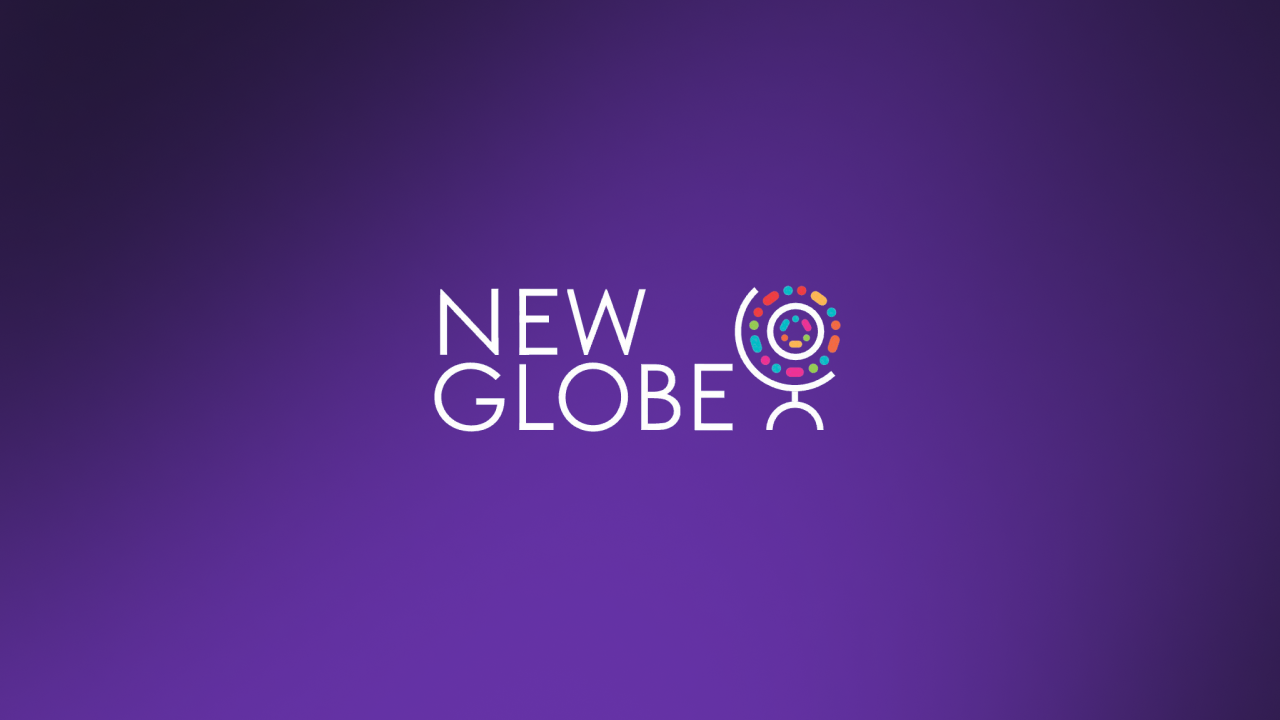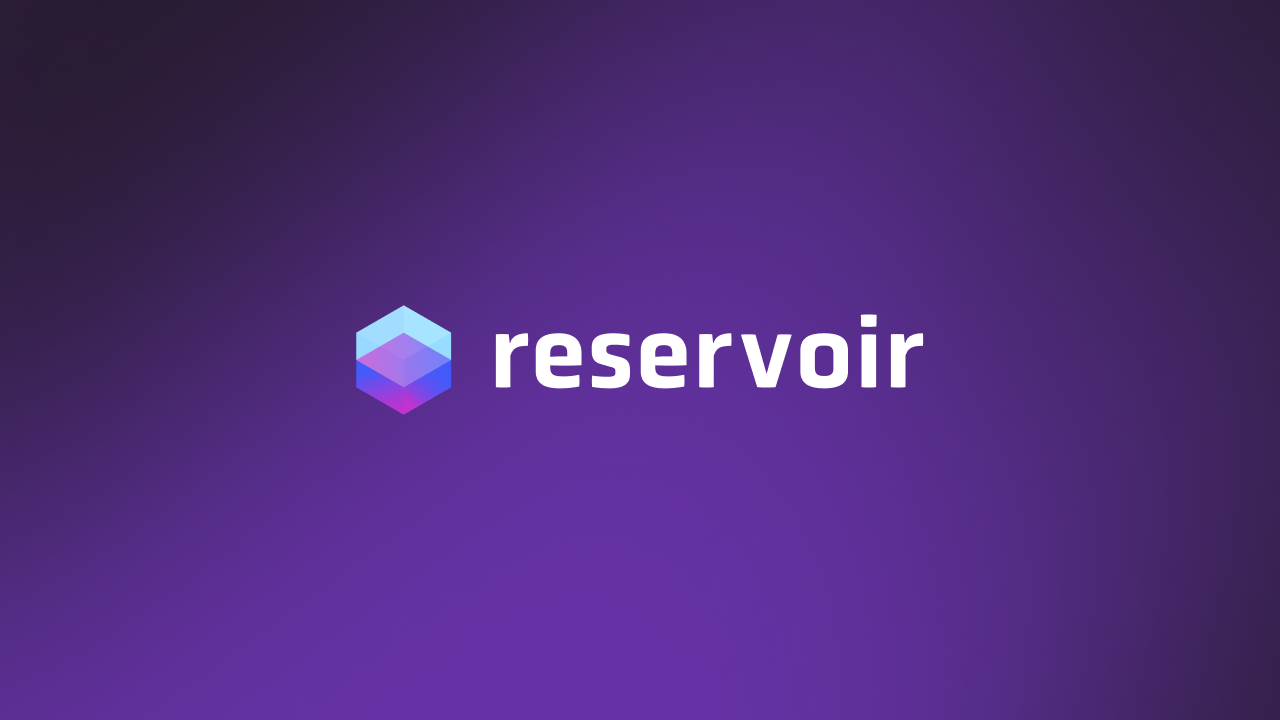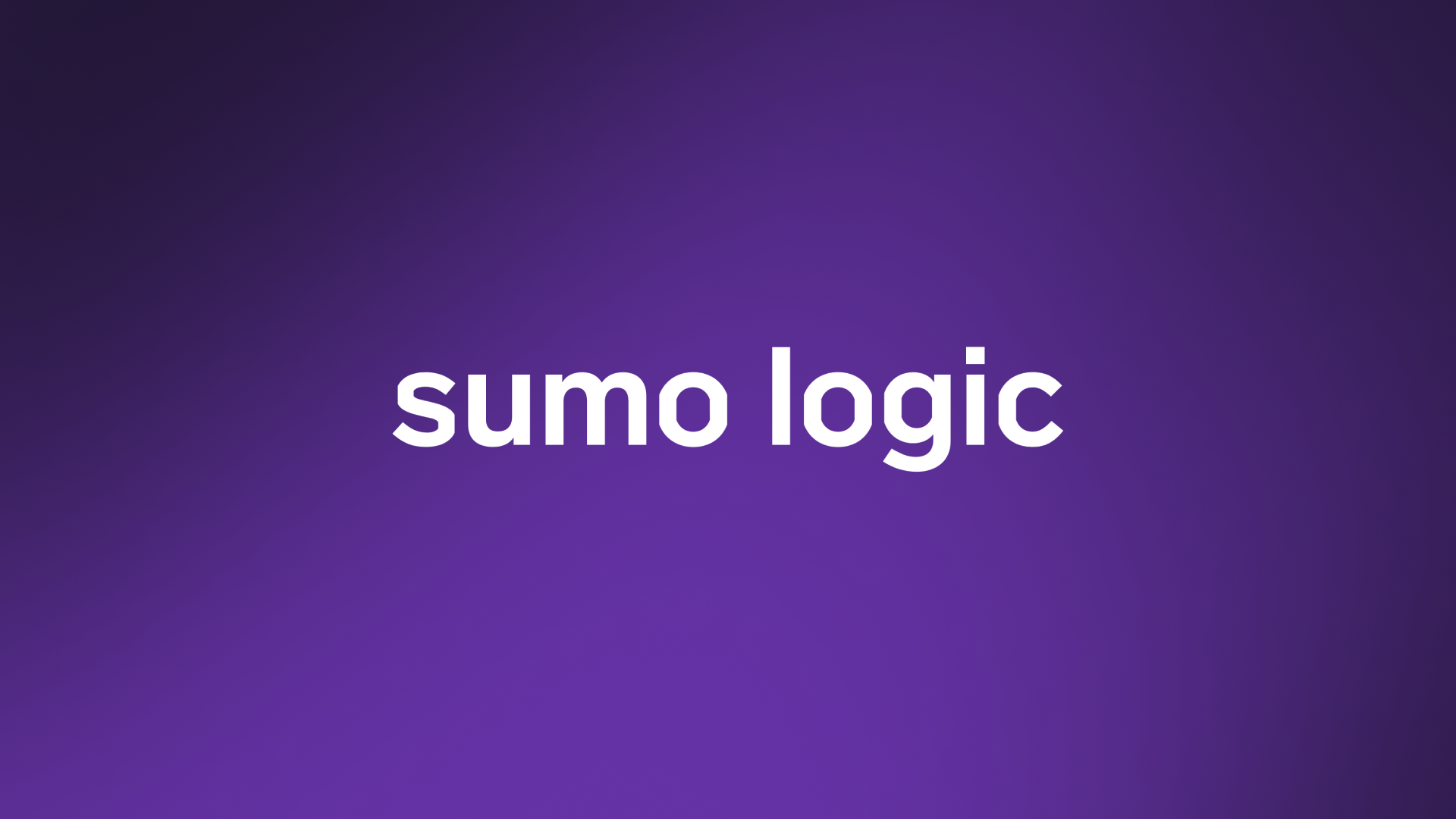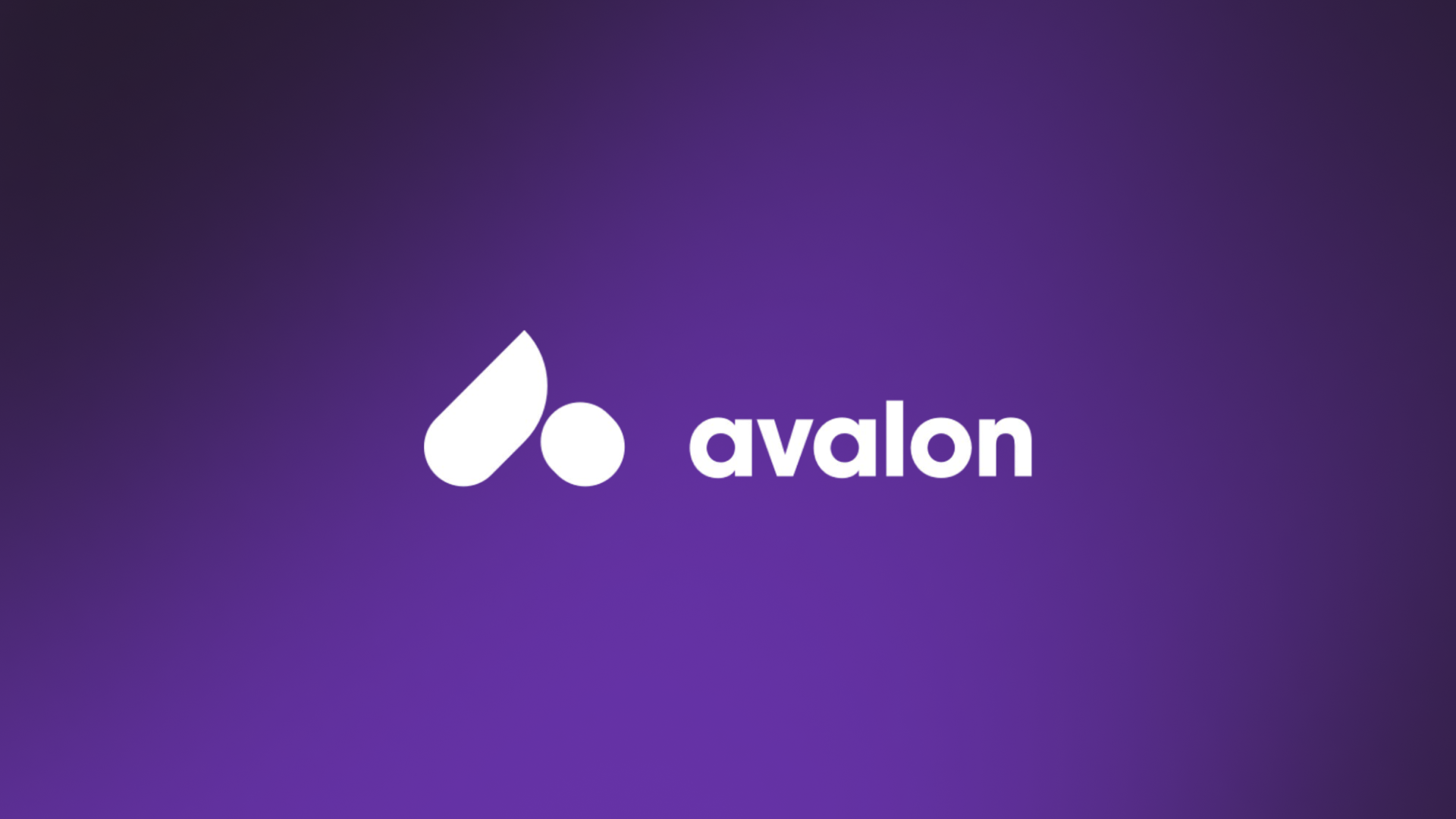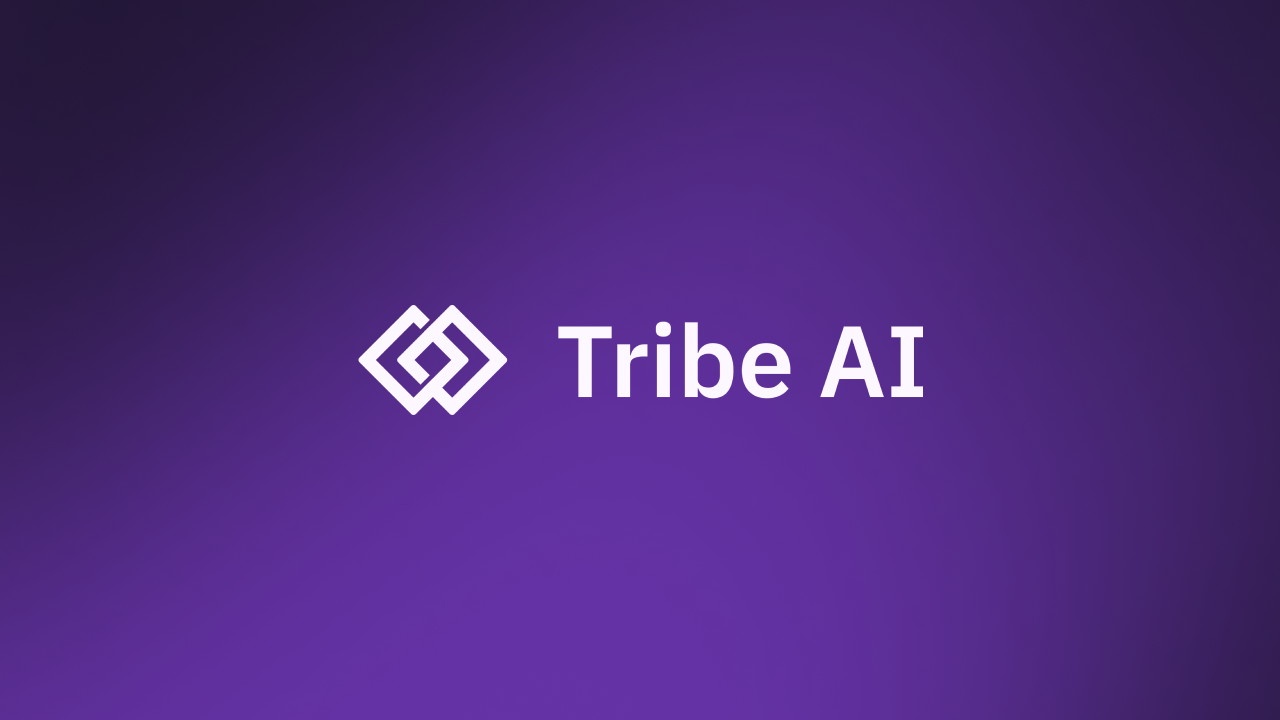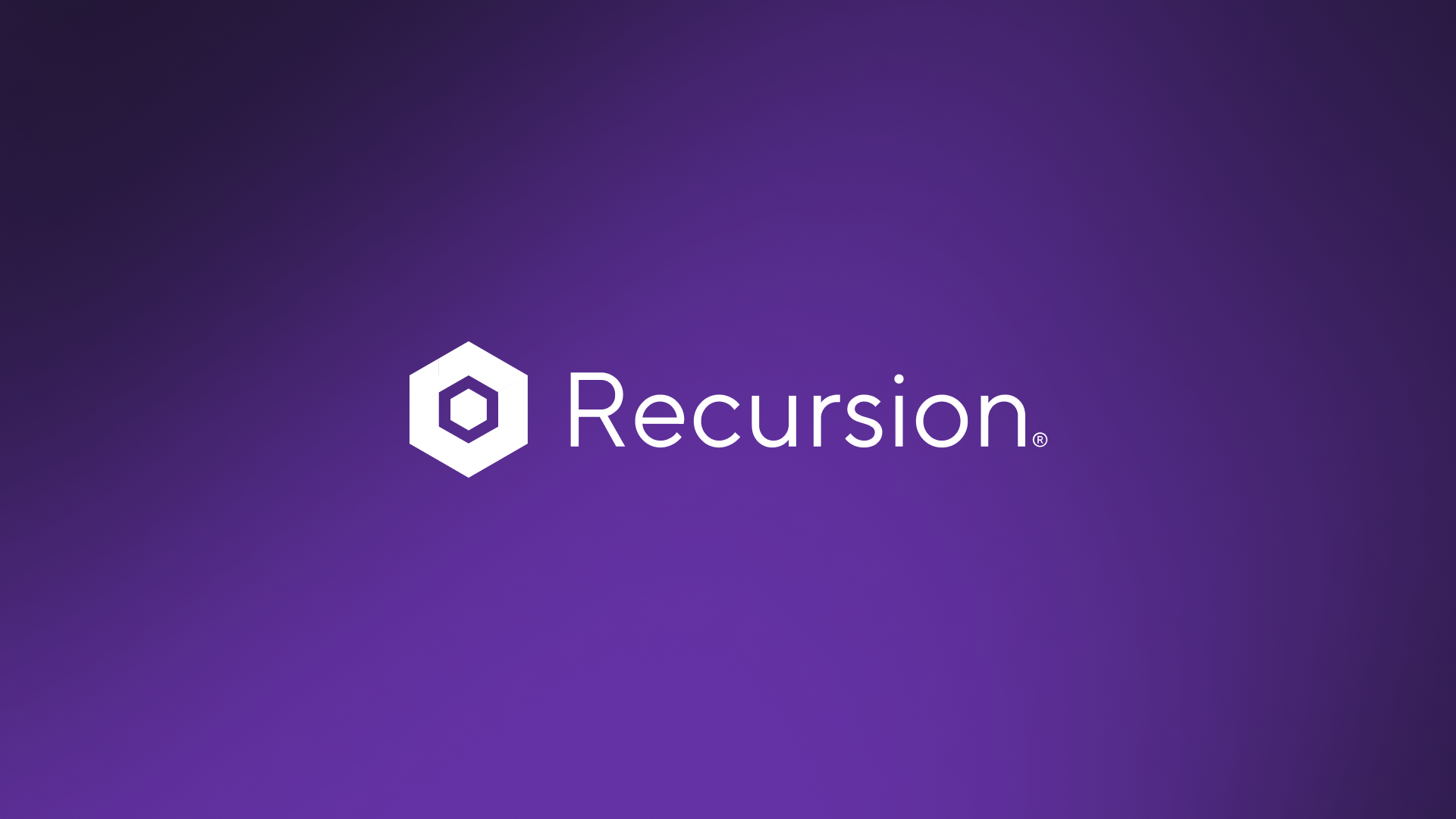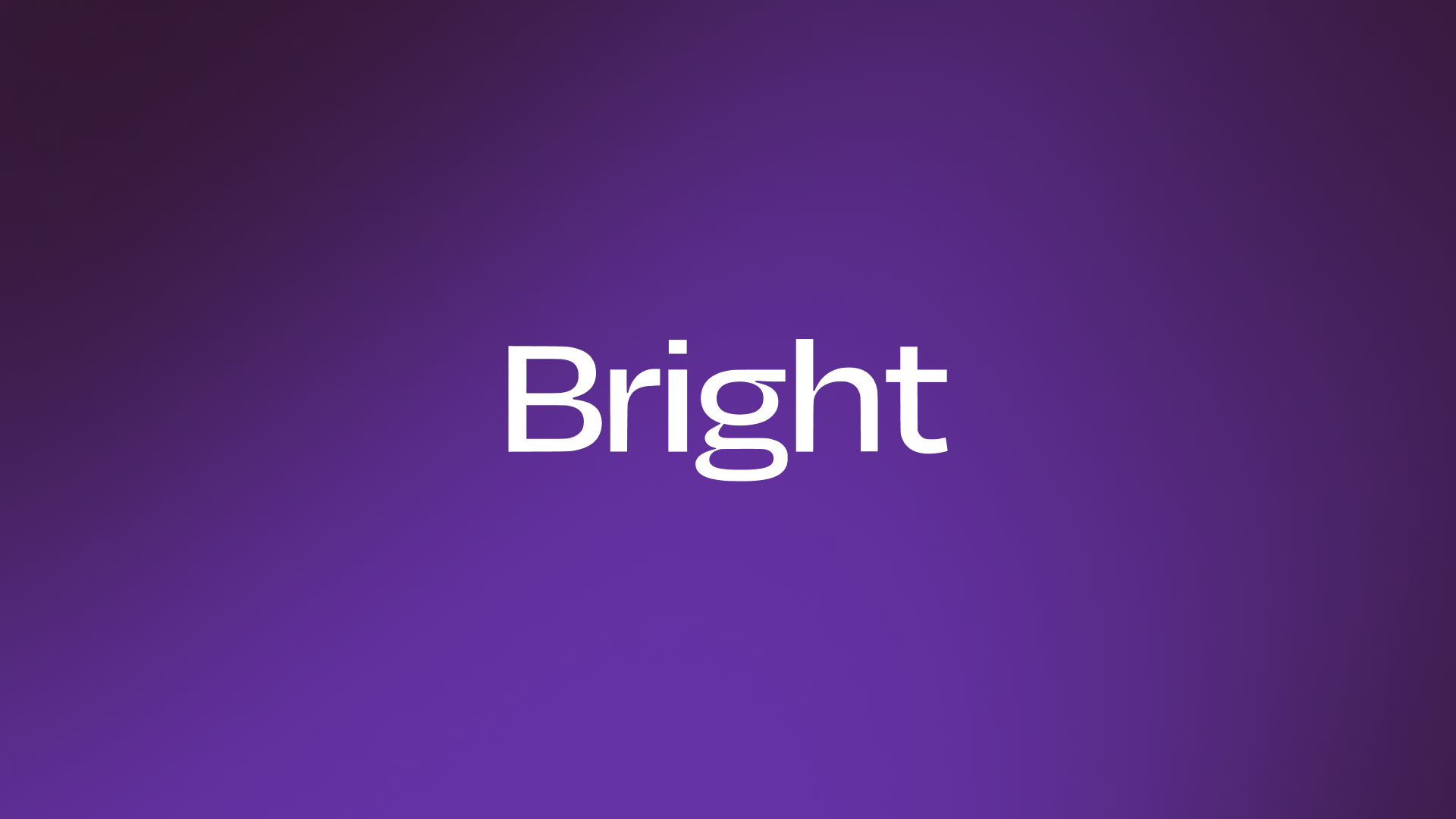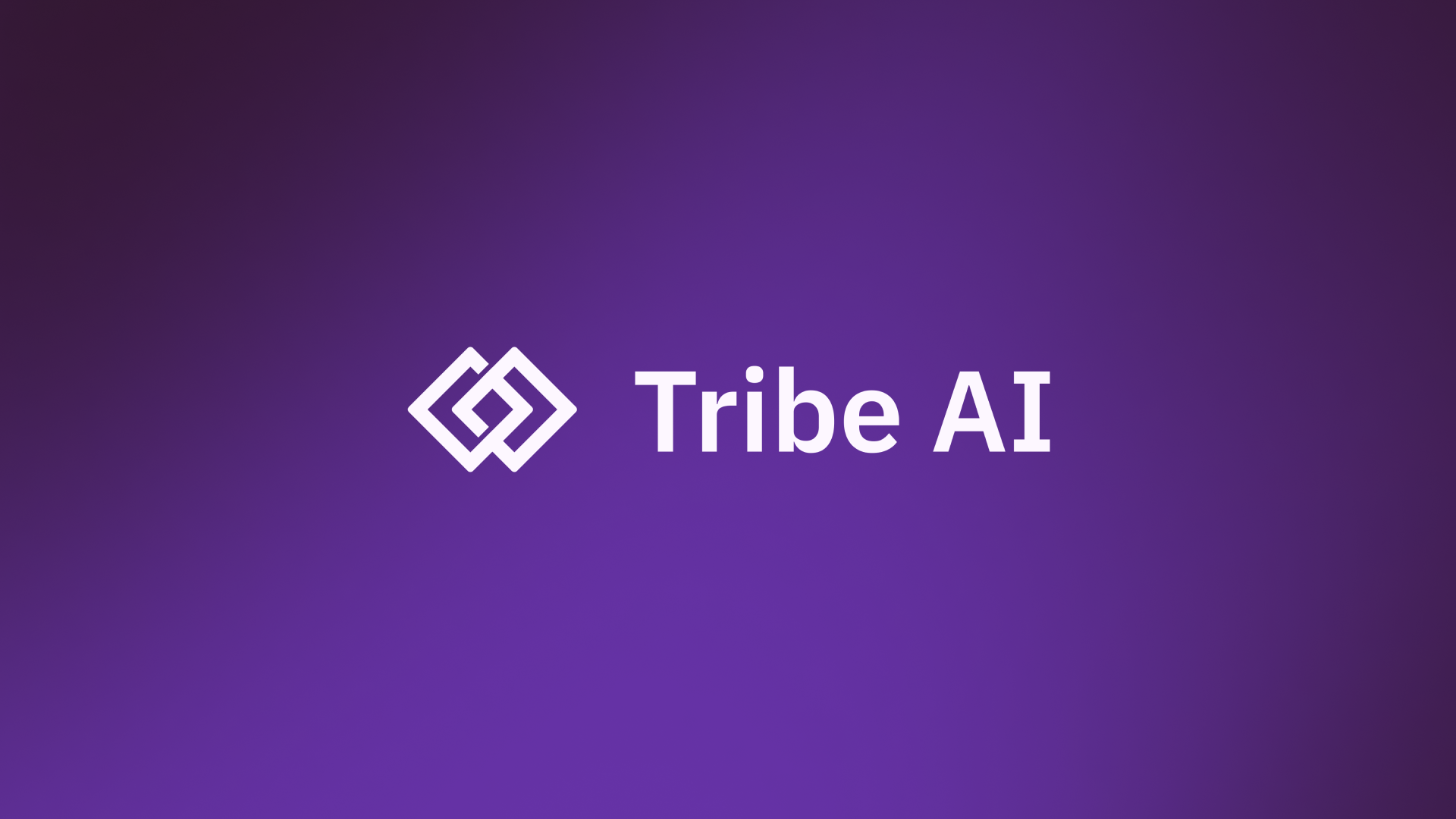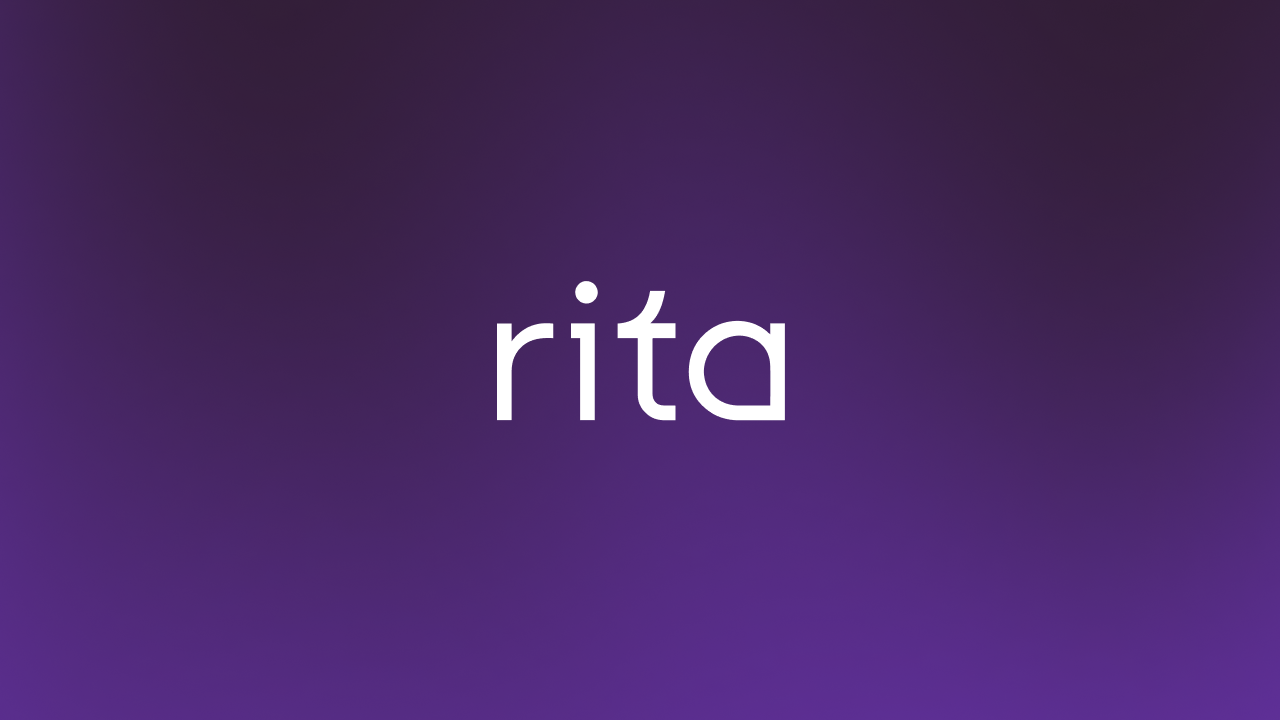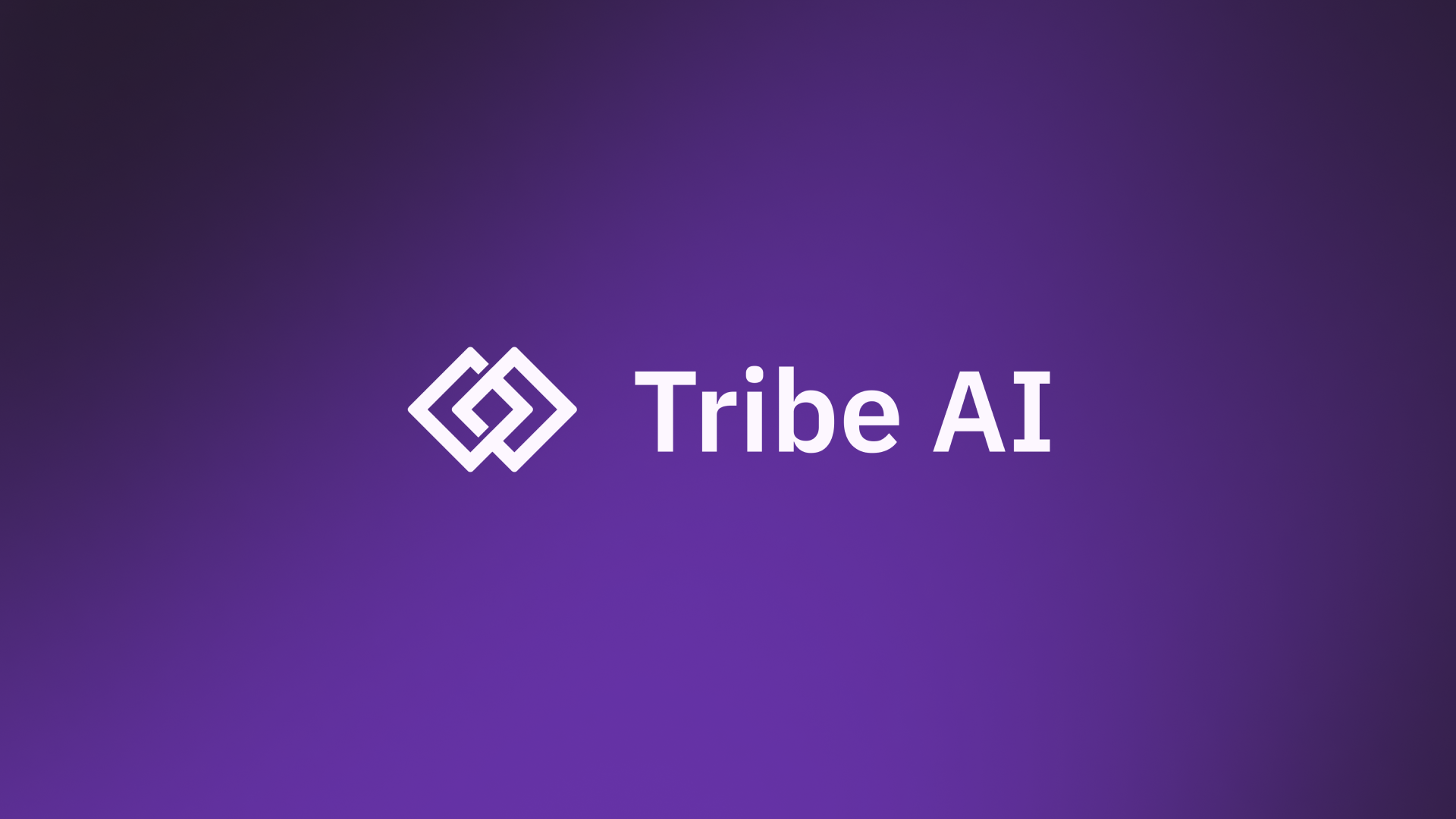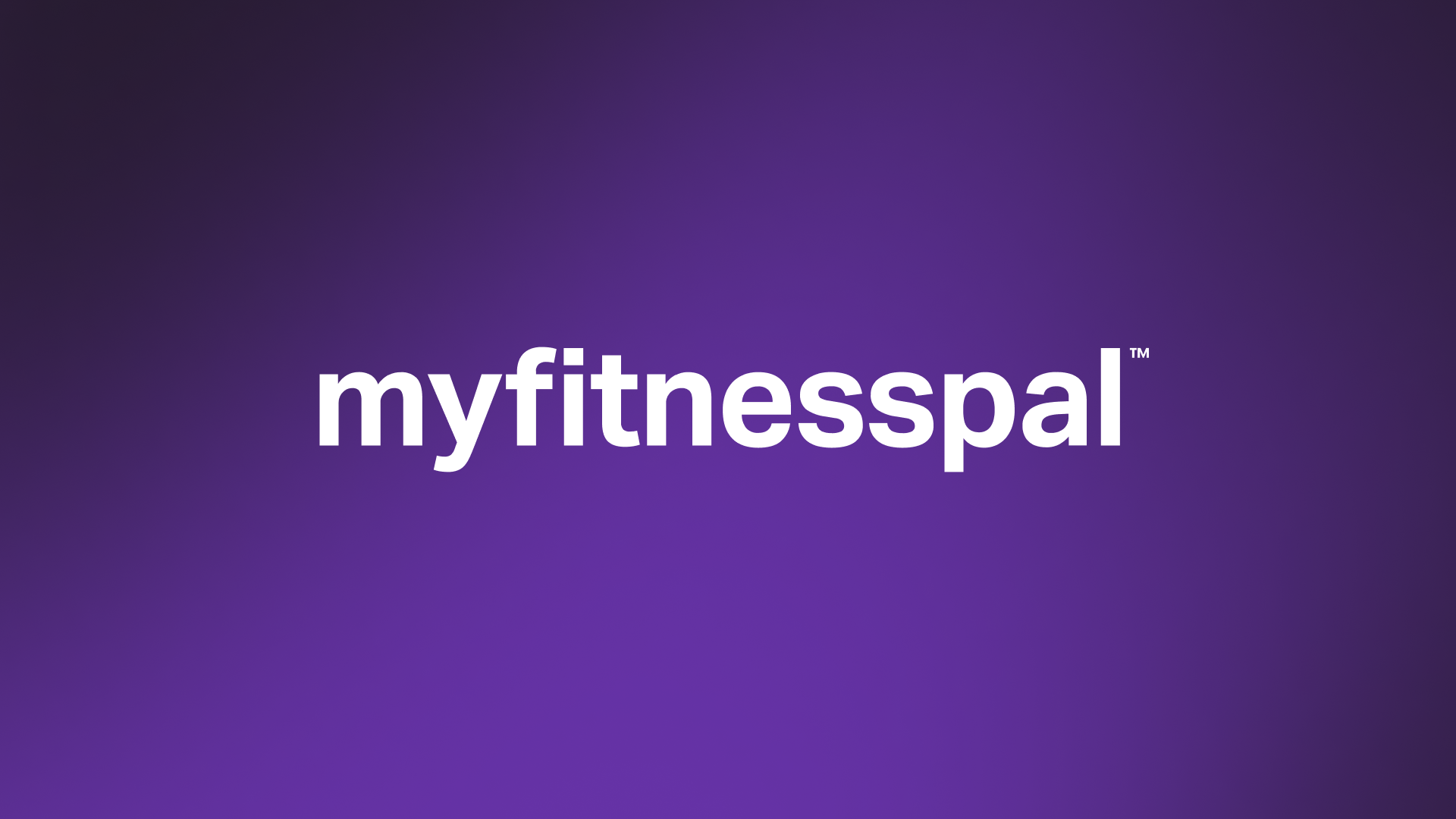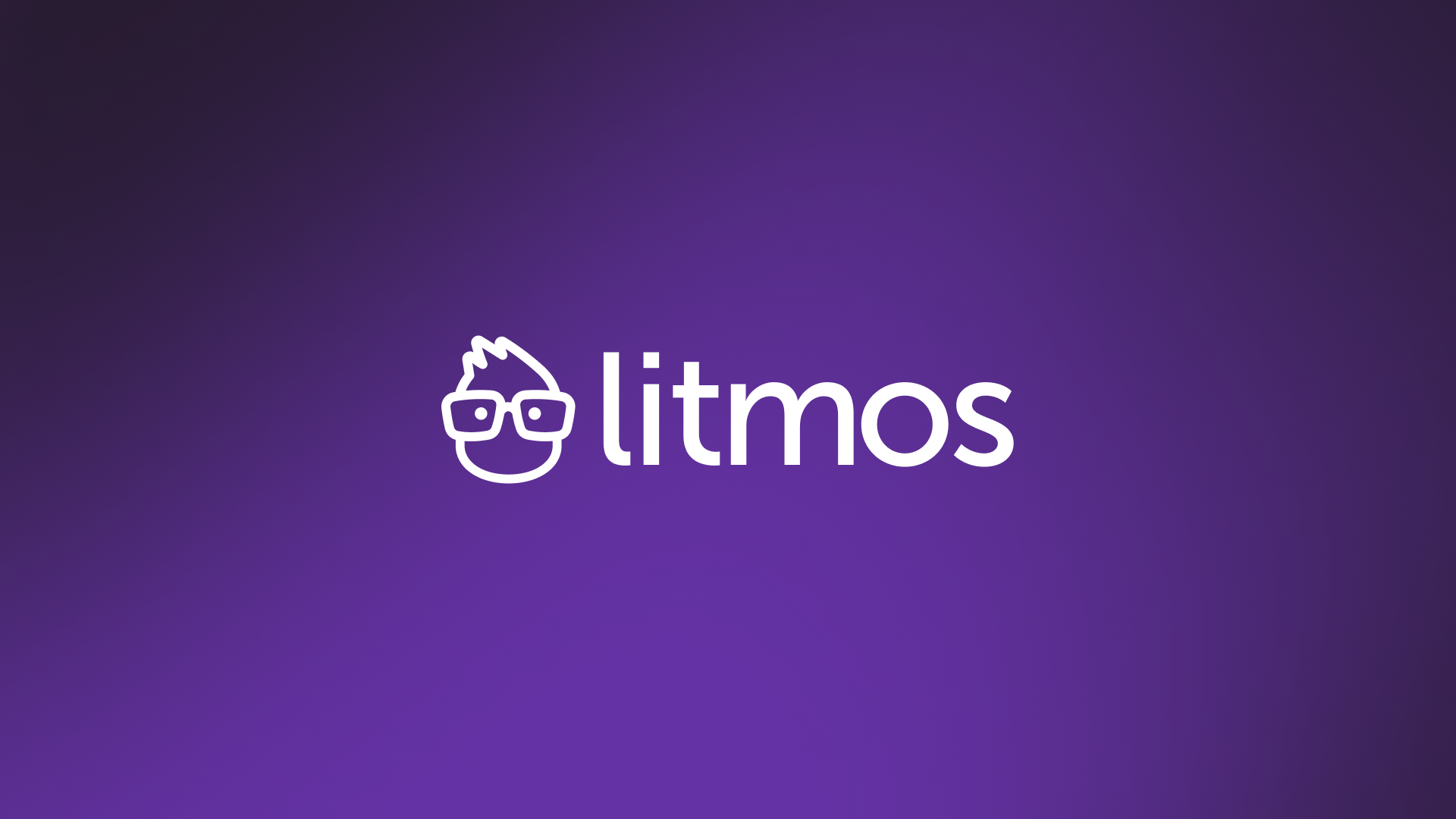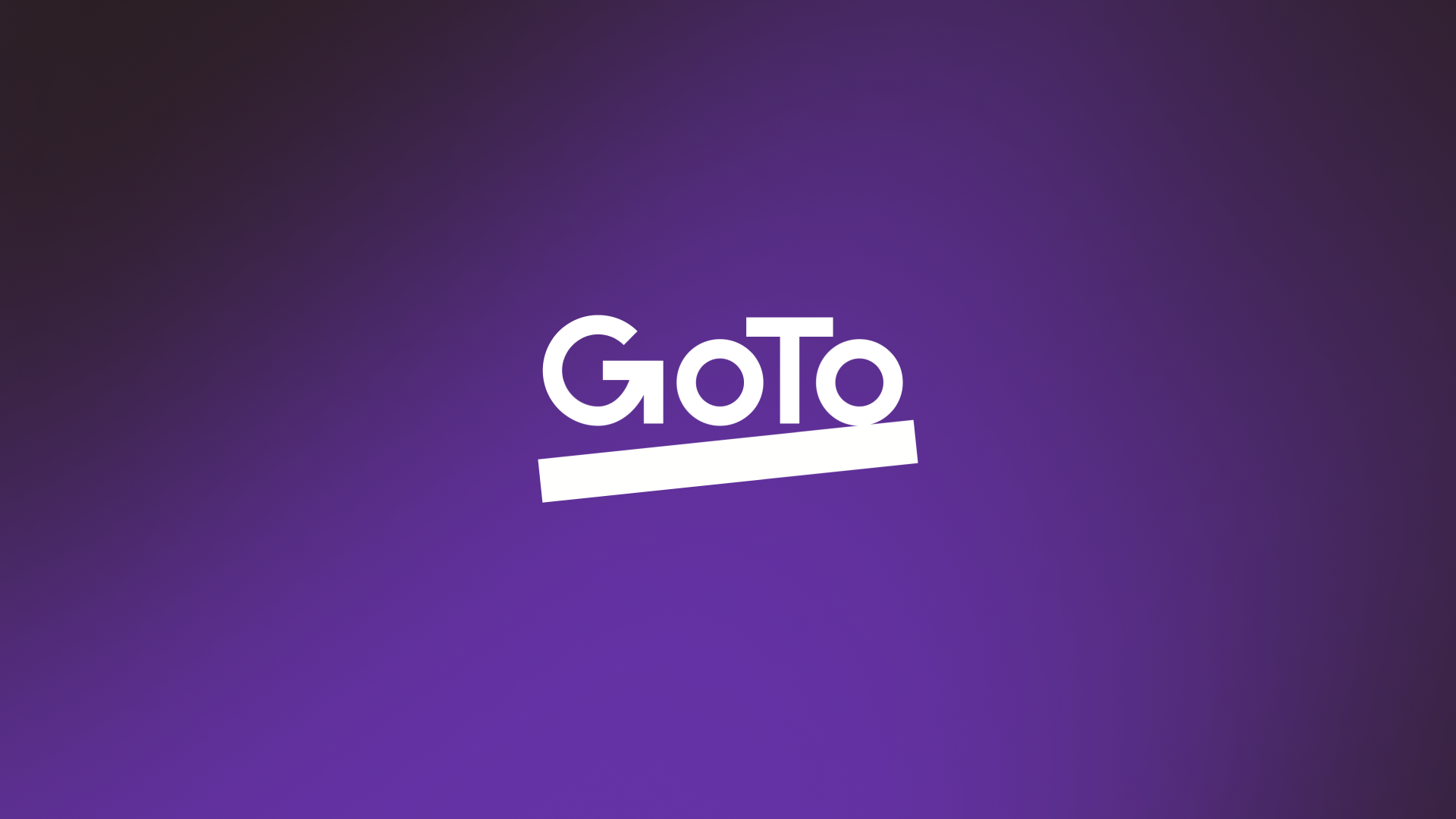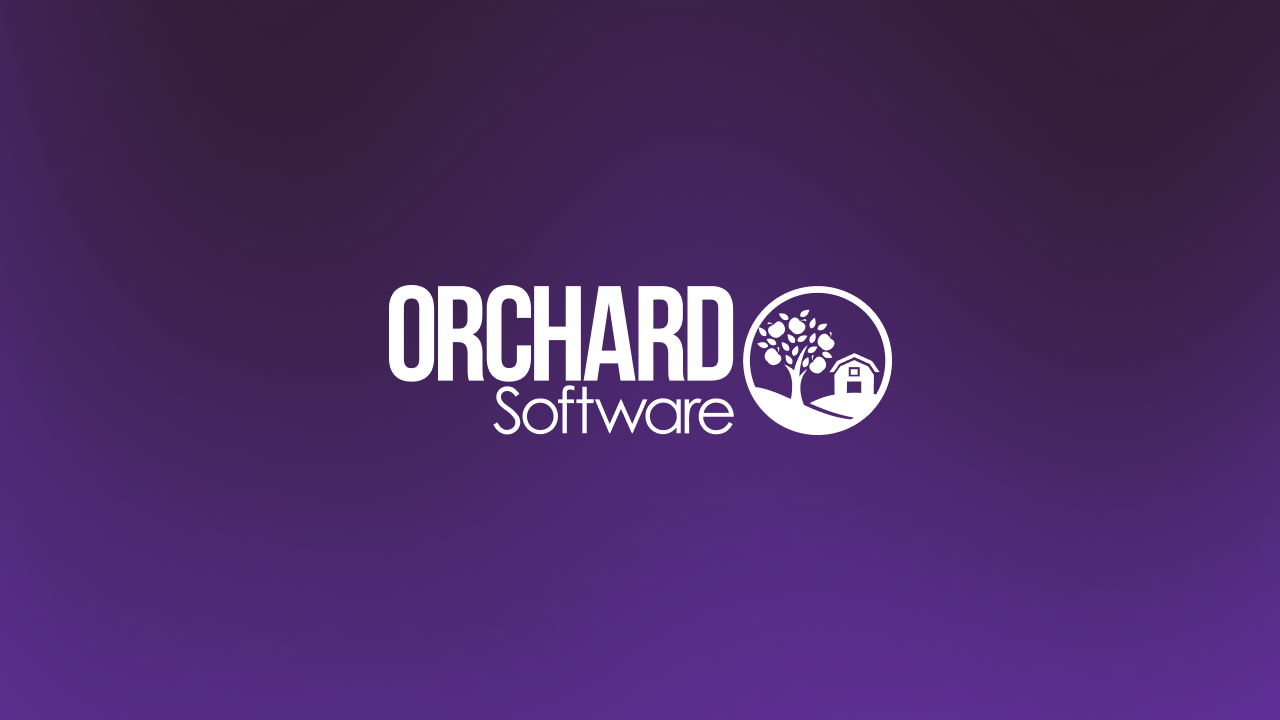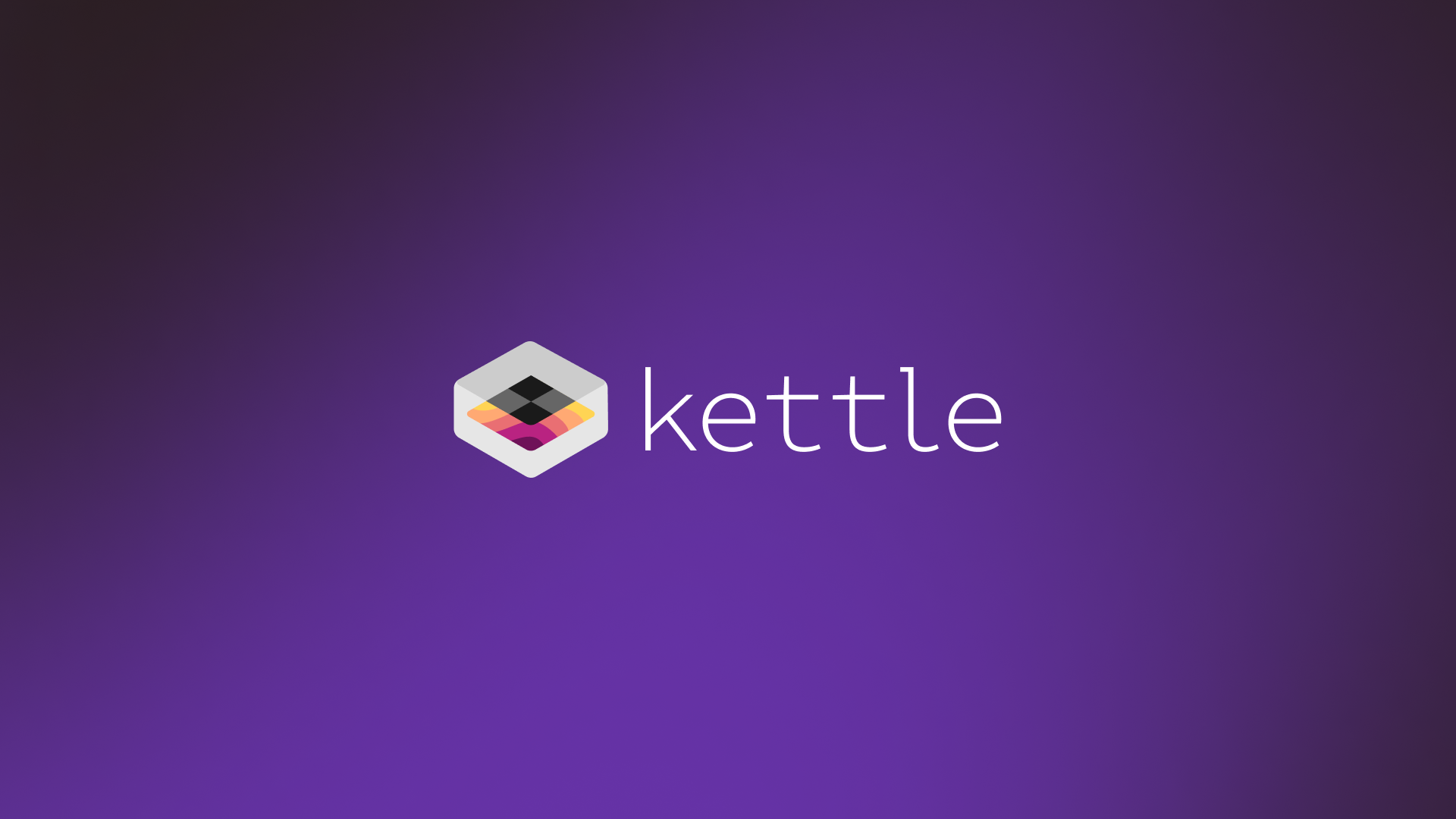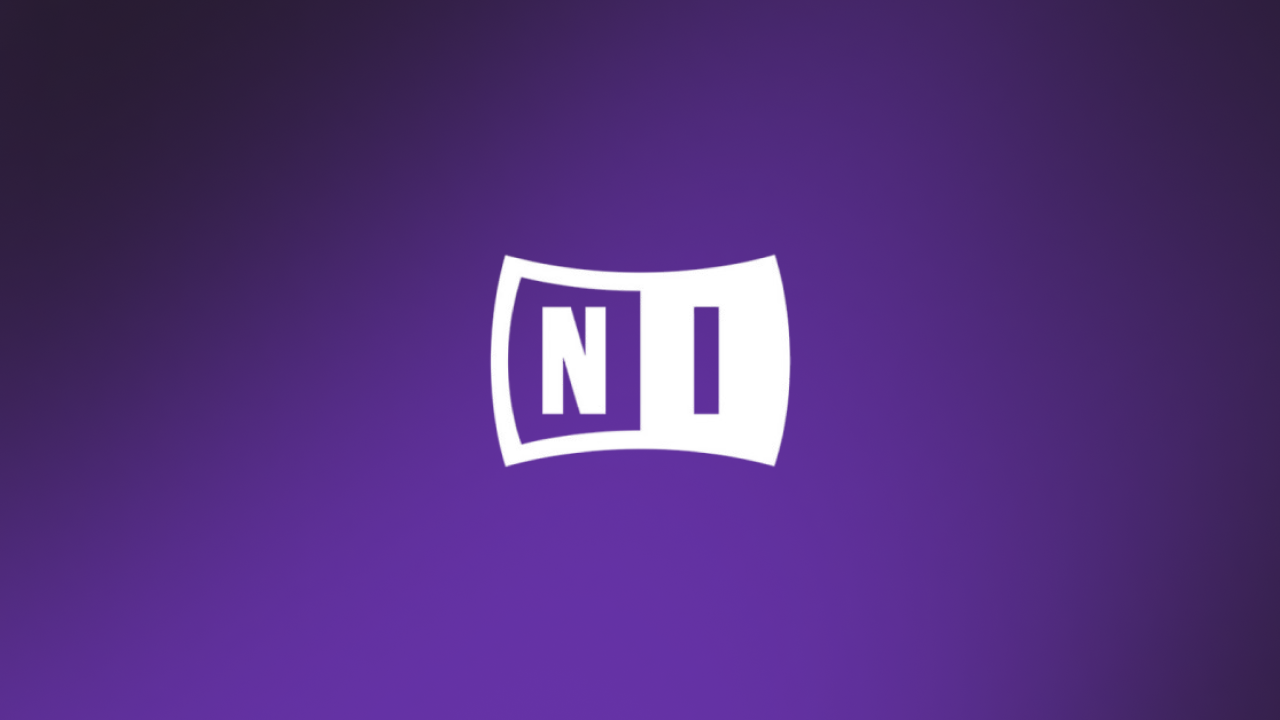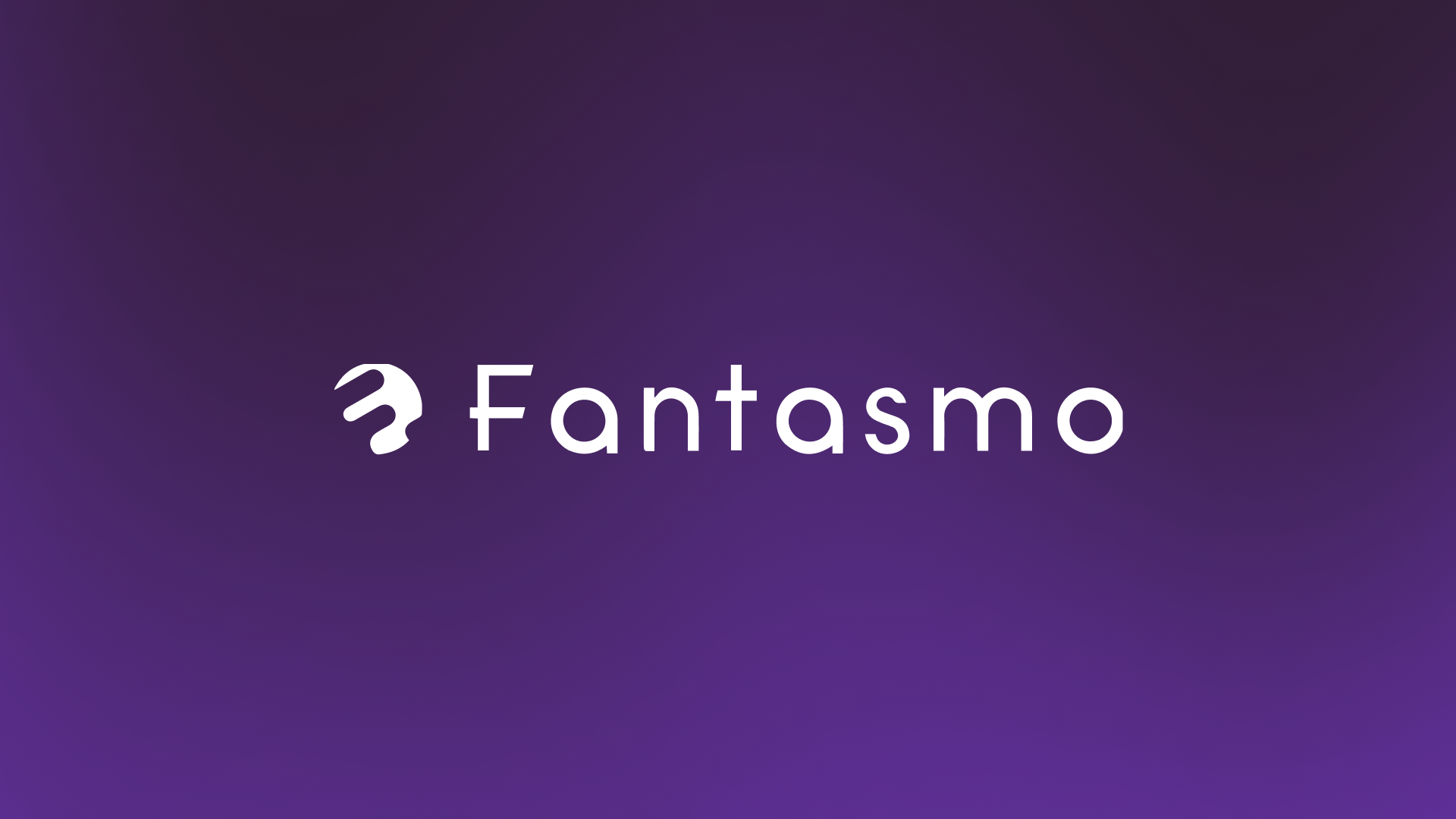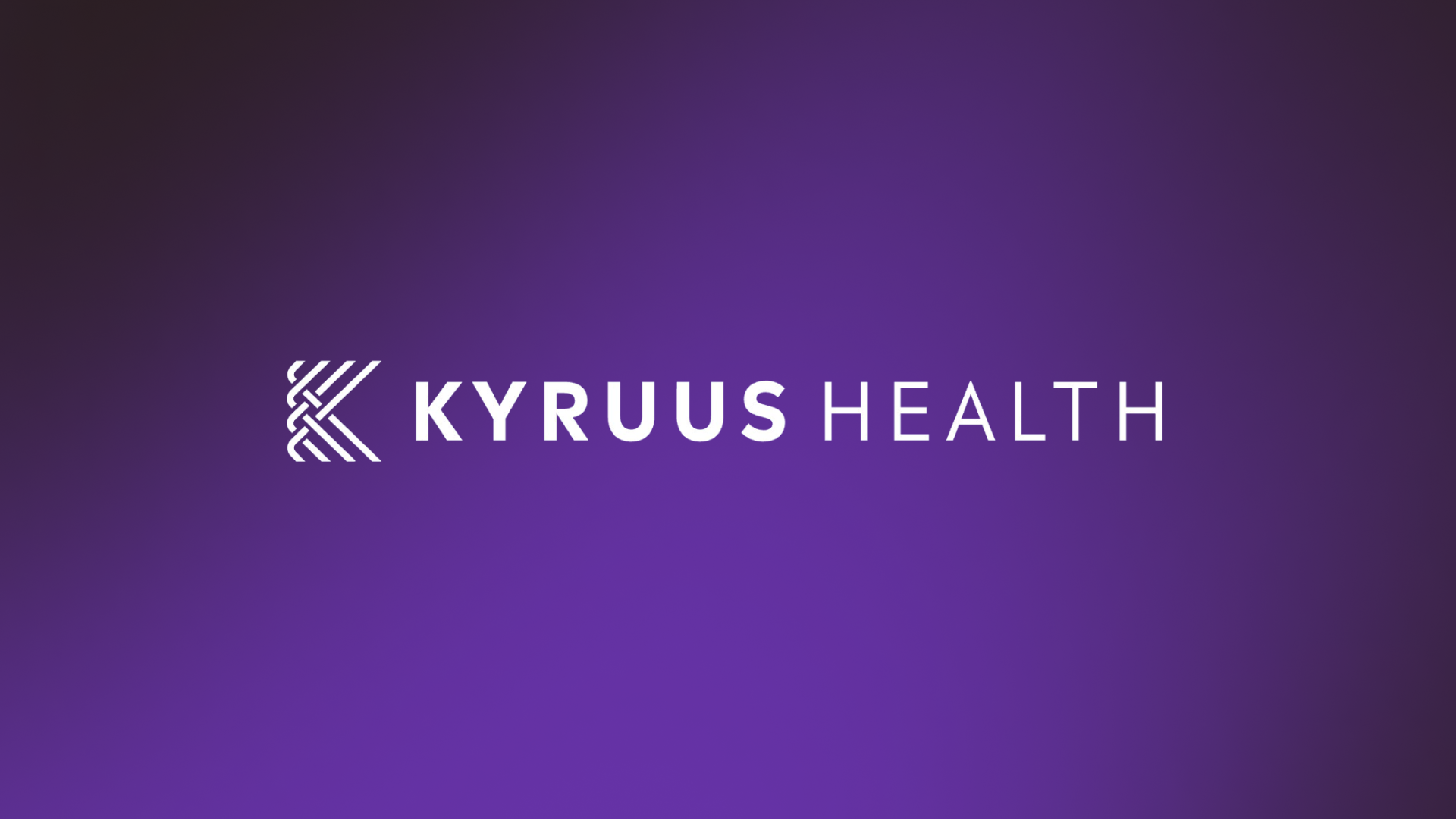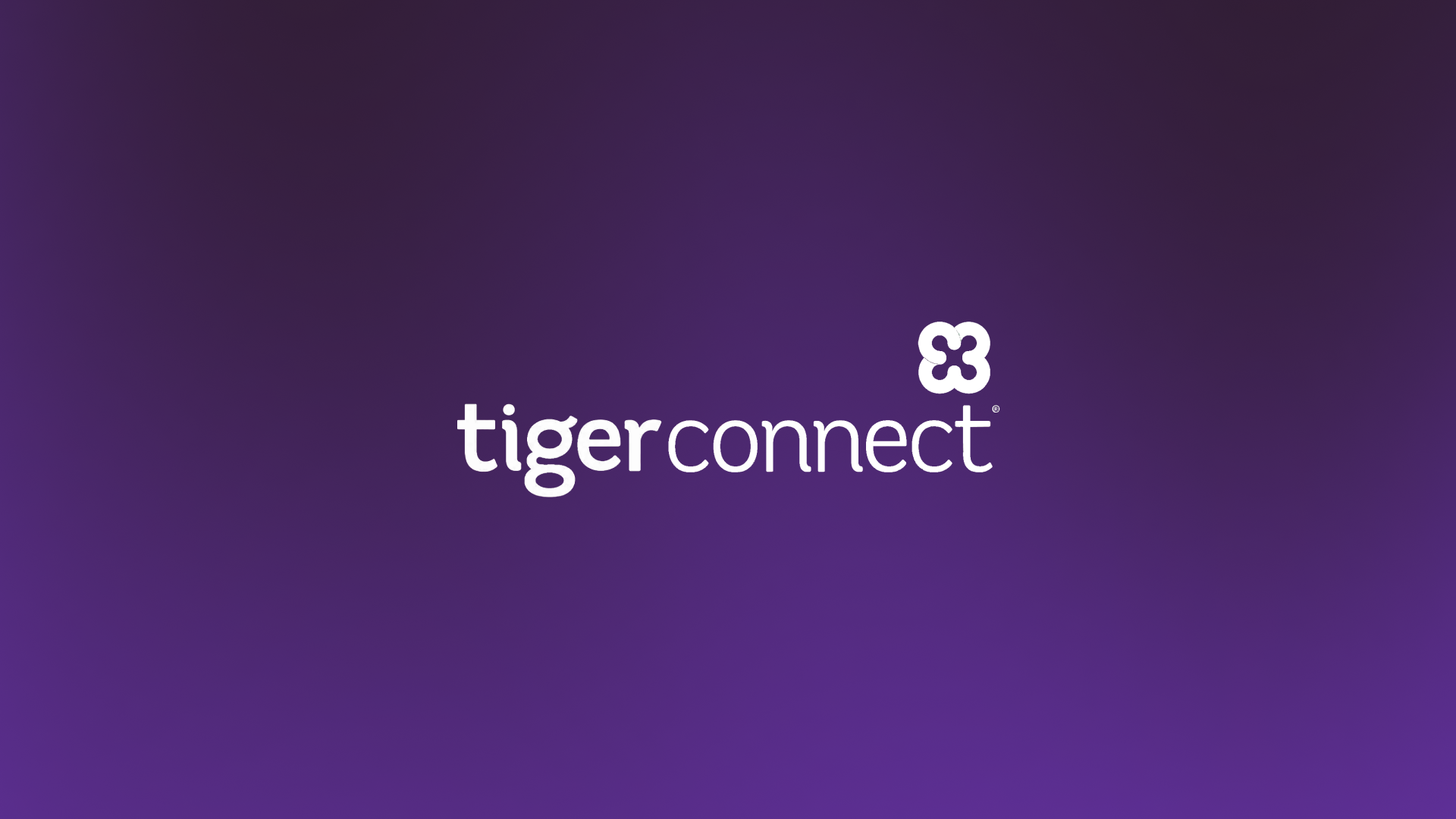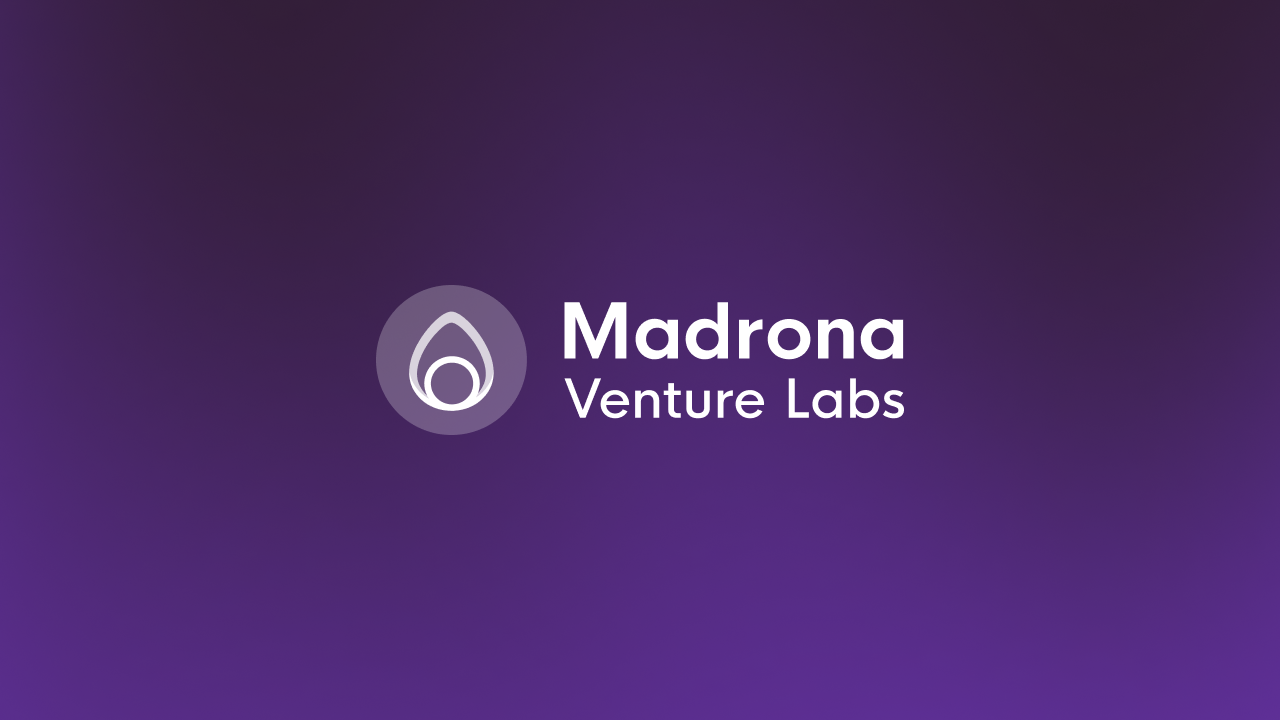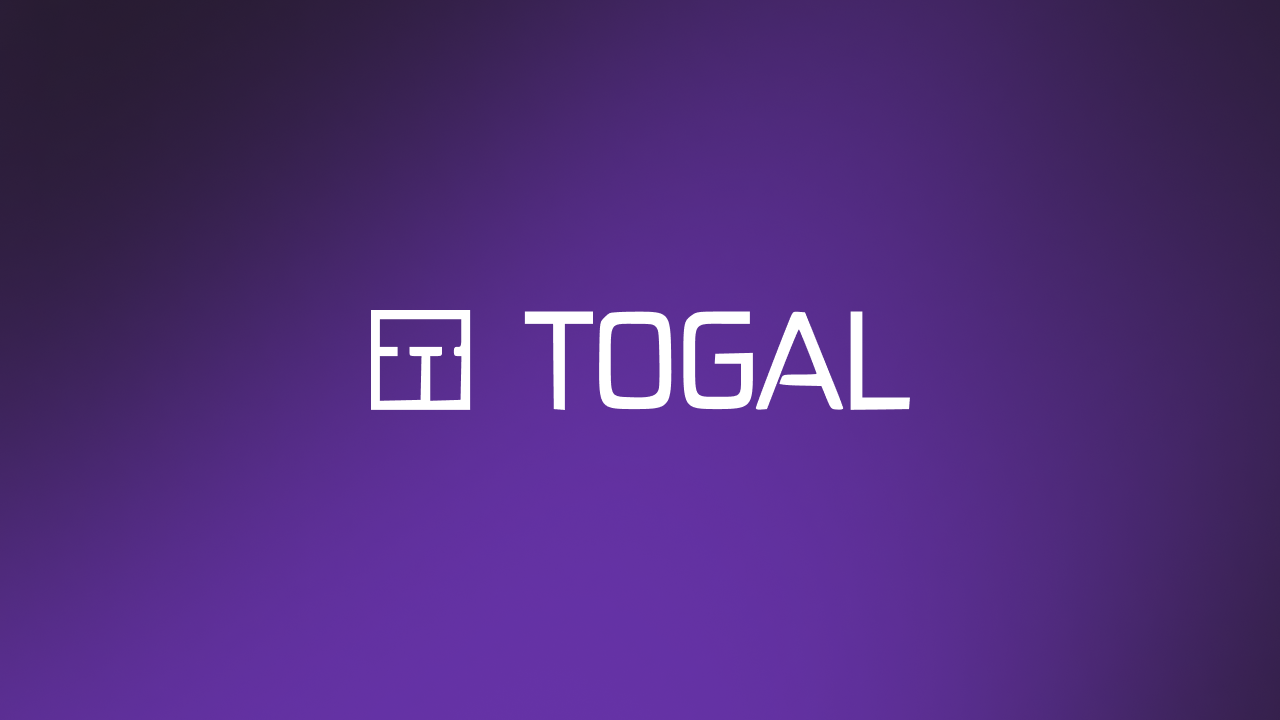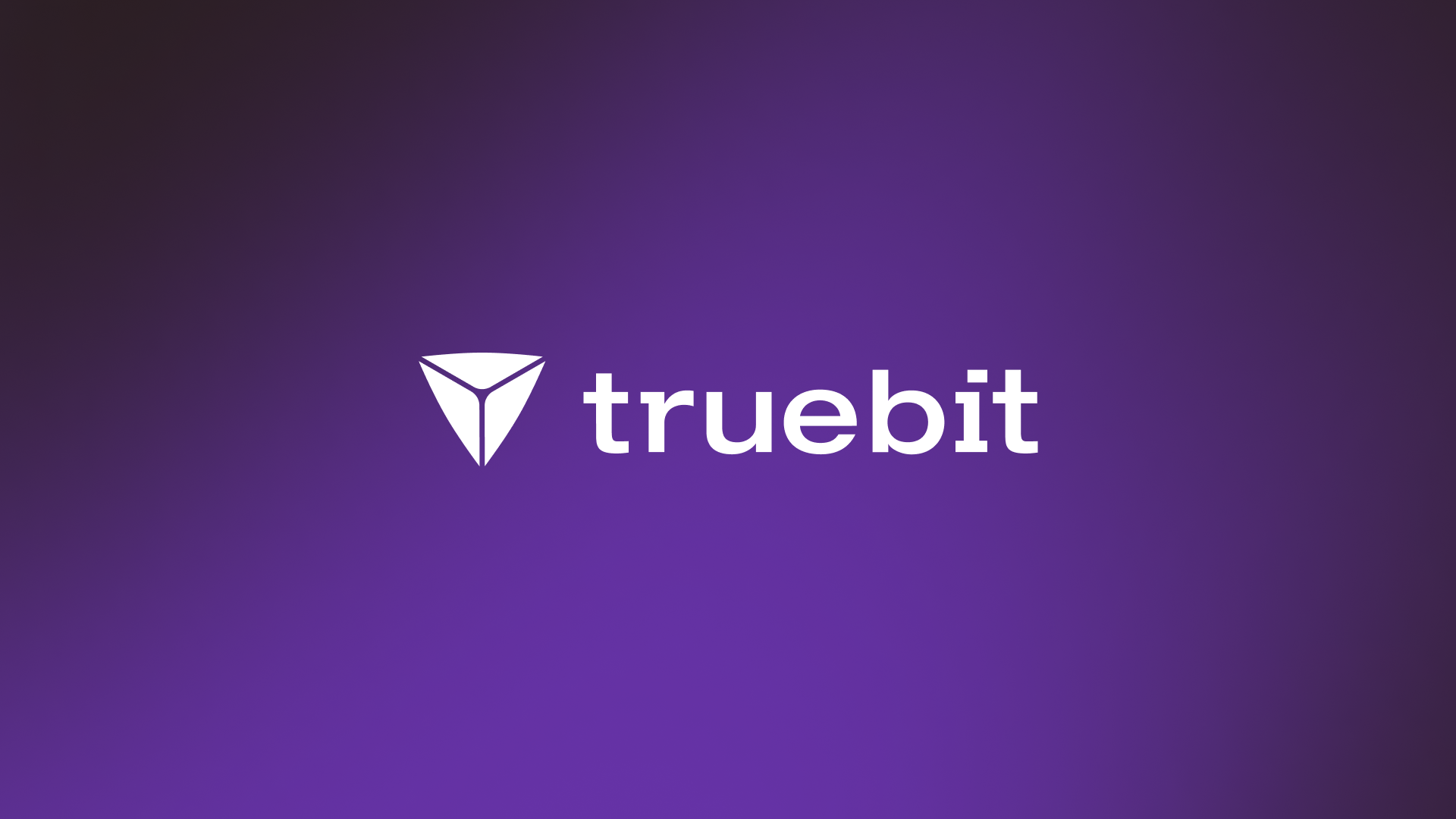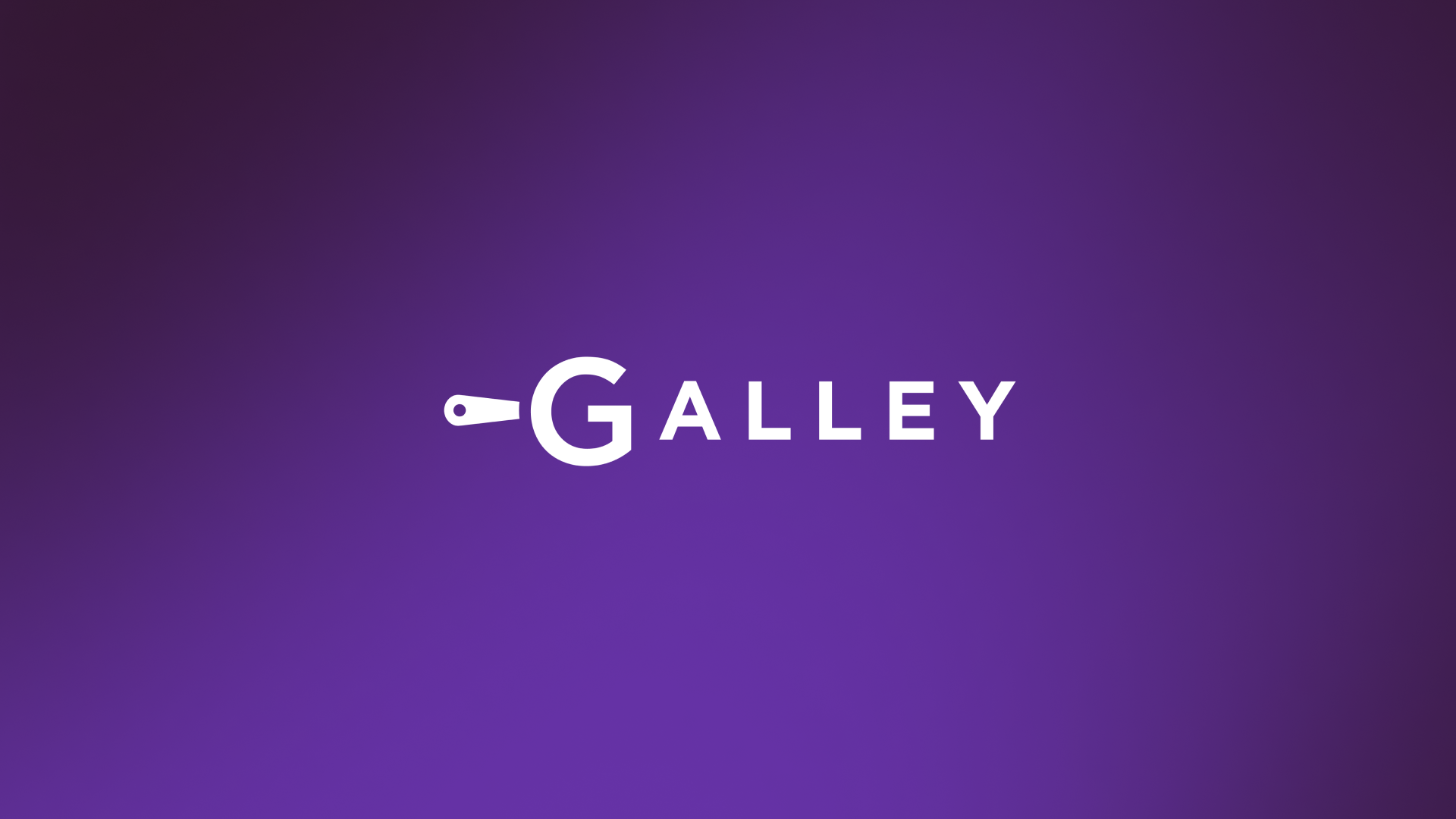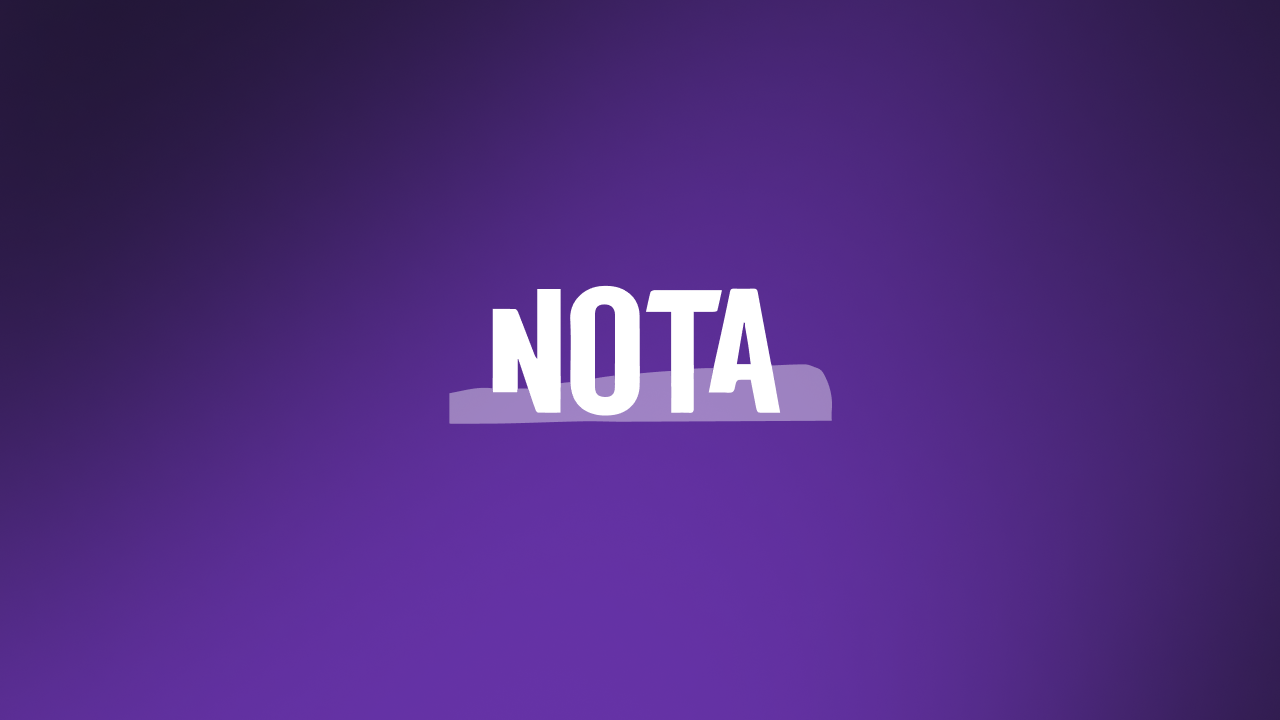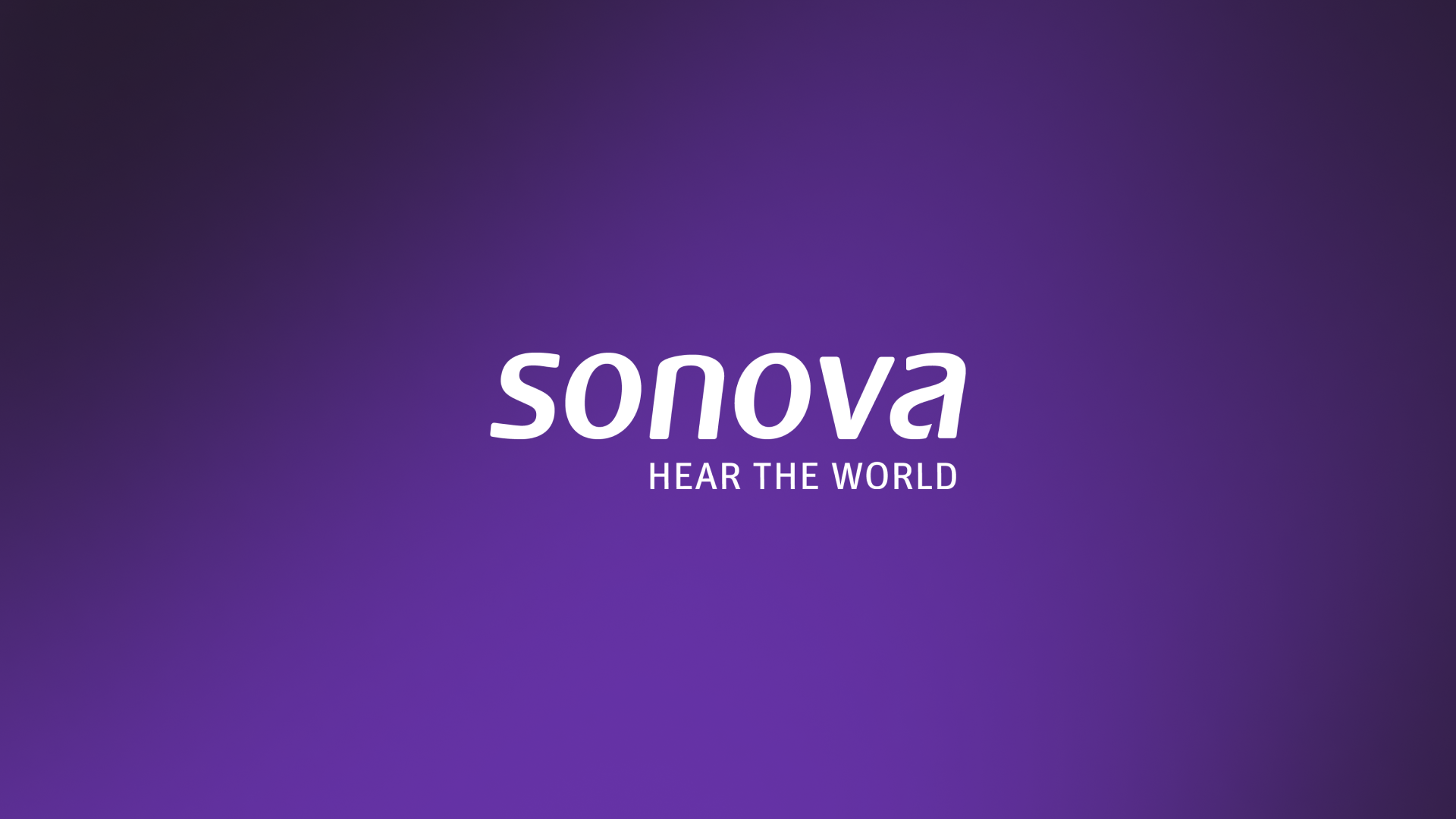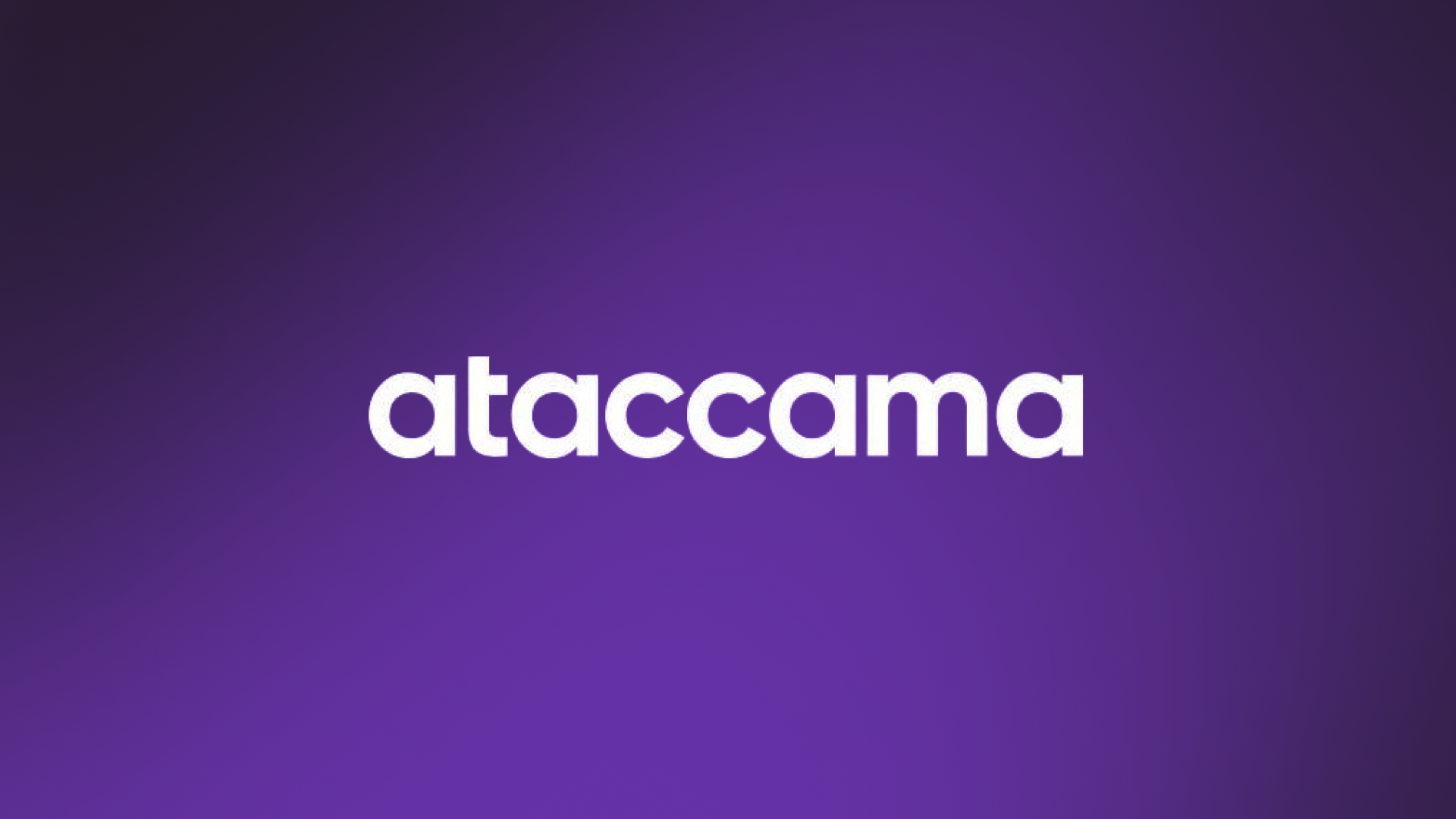About Follett
Follett Software is a trusted education technology provider empowering K-12 educators, librarians, and administrators with integrated solutions that streamline school operations, enhance student access to learning resources, and support district-wide visibility and efficiency. Follett serves an extensive customer base, reaching approximately 70% of all U.S. school districts.
Follett’s Challenge
Follett Destiny® Library Manager, its flagship product, serves over 75,000 schools in the United States. As the market leader providing a complete system for librarians to manage various library functions like acquisition, cataloging, circulation, and programming, Follett Software saw an opportunity to use GenAI to transform the library software from a static catalog to an intelligent assistant.
The goal of the work was focused on simplifying the interface and providing valuable insights for K-12 librarians. These improvements help districts realize stronger ROI, while also supporting Follett Software’s mission to deliver scalable, profitable innovation.
Currently, librarians manage their collections (sometimes 100,000+ titles) with tools that can be complex, costly, and less intuitive. Follett’s goal is to make the process of searching for, weeding out, and adding titles much easier for their librarian customers.
Why Tribe AI?
Follett had an existing AI team and a strong foundation in machine learning, but when it came to leveraging the power of LLM experiences, they hit a wall. They were experimenting with early tools like LangChain and Langfuse, and exploring approaches like retrieval-augmented generation (RAG), but needed guidance on how to move from experimentation to something truly usable.
The Solution: An AI-Powered Chat Interface
Tribe built a prototype aimed at revolutionizing library management by introducing a chat interface where librarians can interact directly with their collections. This conversational interface would leverage GenAI to allow librarians to ask questions about their collections, receive personalized recommendations, and gain insights for making informed decisions. By simplifying the user experience and providing an intuitive AI-driven query system, the prototype enhanced library management efficiency and showed potential to replace existing tools like Power BI.
How It Works
The AI-powered chat interface leveraged the Tribe Foundry toolkit to jumpstart initial development. Providing a containerized cloud application equipped with a comprehensive suite of utilities and an automated deployment pipeline, the interface utilizes multiple LLM layers—including Anthropic Claude models—to reliably translate natural language into SQL. Relying on a RAG architecture, it provided the ability to display table results, including the functionality to filter and refine search results. The interface was then trained to be proficient at inferring queries, despite typos, and understanding the Dewey Decimal System.
Tech Stack Details
Full-stack cloud-based application working alongside the existing Follett environment:
- Cloud: AWS Bedrock
- Large language models: Anthropic Claude model family
- Languages used: Python
- Orchestration: LangGraph (or LangChain) is used for orchestration, enabling handoffs between different LLMs and supporting complex workflows
Follett’s Experience Working with Tribe
Follett partnered with Tribe at a critical moment—when their AI team was “feeling around in the dark” trying to turn internal data into usable fuel for large language models. From the outset, Tribe served as both a thought partner and implementation partner, helping Follett’s team unlock foundational LLM capabilities like text-to-SQL.
“It was kind of like an ‘aha’ moment for our team,” said Jim Butler, VP of Engineering. “We didn’t even think about providing a schema to an LLM and prompting it to write the right query. Tribe walked us through all that.”
Beyond just technical support, Jim emphasized the caliber of Tribe’s talent. “Tribe clearly has people who are experts. They get the background, they get the technology, and they understood what we were trying to do. They’ve been there, they’ve done it, they’ve had experience here. And experience here is not something that is readily available. There are very few companies that truly understand how to build solutions for companies that are looking to utilize AI.”
The Impact & The Future
By the end of the engagement, Tribe had supported Follett across several key areas in their AI journey—delivering a working solution, strengthening internal capabilities, and setting the stage for continued expansion across products and user groups.
Delivered an AI-Powered Chat Interface for Library Management
Tribe built a working prototype that lets librarians query their school’s collection using natural language. Powered by a custom text-to-SQL pipeline, the system returns clear answers and surfaces purchase and weeding recommendations—improving decision-making and creating a new upsell pathway for Follett.
Built Internal Capabilities & Technical Confidence
Alongside the build, Tribe upskilled Follett’s engineering team with tools, frameworks, and implementation patterns, empowering them to support, adapt, and extend the AI solution internally.
Positioned Follett to Scale AI Across Products & Audiences
The project laid the groundwork for AI expansion across Follett’s product suite. With the prototype validated, Follett's strategic goal is for AI to be a platform-level feature that extends across all relevant products. This expansion aims to cover Follett’s 10-12 sellable products across five suites and explore how the same approach can be applied to additional products and use cases.



